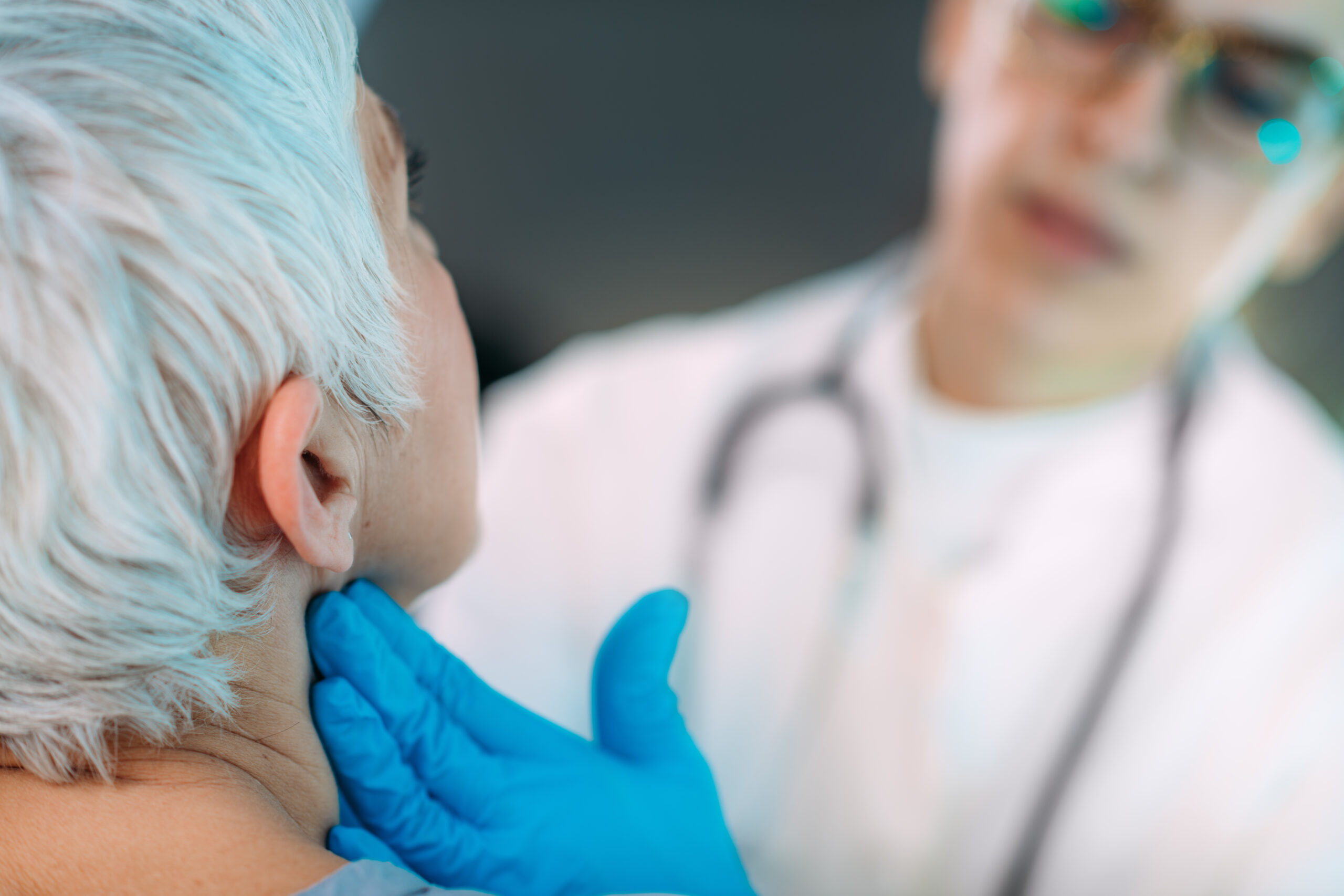News
Thyroid Awareness by Dr Helen Maclean
May 3, 2024
What is the thyroid gland?
The thyroid gland is in the front of the neck on either side of your trachea (windpipe). It is responsible for making thyroid hormones (known as T3 and T4) which are vital hormones for your body’s growth and development, and for managing/regulating metabolism. The thyroid gland is controlled by parts of your brain known as the hypothalamus and pituitary gland.
Thyroid conditions
People can have an underactive gland (hypothyroidism) or an overactive gland (hyperthyroidism). Thyroid disorders are common, but it is estimated over 1 million Australians are currently living with an undiagnosed thyroid condition.
The most common cause of underactive thyroid is an autoimmune condition known as Hashimoto’s thyroiditis. This is particularly common in women and can present with various symptoms including fatigue, constipation, cold intolerance and hair thinning.
The most common form of overactive thyroid is an autoimmune condition known as Graves’ disease. Common symptoms include weight loss, anxiety, palpitations and high blood pressure.
Both conditions are readily diagnosable and treatable. Iodine is a crucial requirement in our diets to maintain healthy thyroid function. Iodine deficiency is increasing in Australia, so supplementation is important in certain populations like pregnant and breast-feeding women (due to increased demands).
Another condition is congenital hypothyroidism, where a newborn has either an absent/small or under functioning thyroid gland. This is screened for, as part of the newborn screening test, but can lead to significant growth and development issues in the infant if undetected. Thyroid cancer is increasing in Australia but is generally treatable and has a good prognosis.
In summary, thyroid conditions are common and present with a variety of symptoms, but in general, are very treatable. If you notice any lumps in the front of your neck or feel you may have any of the symptoms outlined above, please ask your GP for a thyroid check.
For more information, visit the Thyroid Foundation and Health Direct.

